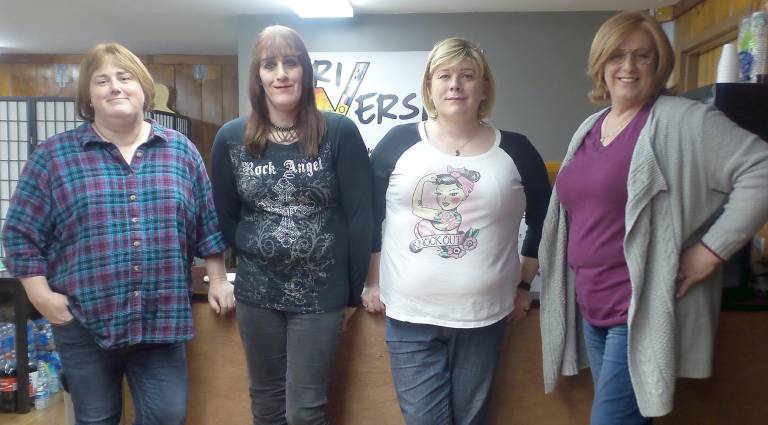The moment I realized I was looked at as something less than human, and that I needed to speak up, now

I have recently started to attend a local church again. Feeling the need for attending a mass again. I’ve always been spiritual. So as the congregation was leaving and offering each other the "Peace be with you," I extended my hand to an older gentleman.
Now, with the U.S. Supreme Court hearings on Oct. 8, the oral arguments on whether Title VII of the Civil Rights Act of 1964 applies to cases of anti-LGBT discrimination, setting up a showdown for when LGBT rights in all areas of life will hang in the balance. In October 2017 then-Attorney General Jeff Sessions reversed an Obama-era federal guidance declaring Title VII’s ban on sex discrimination includes discrimination on the basis of gender identity. But the filing takes it that one step further: It asks the Supreme Court for a sweeping ruling enshrining the reversal into civil rights jurisprudence.
There are three different cases, and court has modified the docket for the cases. So each shall be heard on this date. And yes, I could go into detail about each. But that is easily found online. But in the state I live in, if the Supreme Court rules against us, I will still have protections from bans on discrimination based on sexual orientation and gender identity, as will 21 states that have passed such laws to prohibit employment discrimination based on sexual orientation. As do 15 states that prohibit employment discrimination based on gender identity.
So should I worry about those in the other states? Most people wouldn’t. But I do. Since 1994 the EDNA (Employment Non-Discrimination Act) has been introduced to every Congress except the 109th. And similar legislation since 1974 have been introduced without being passed.
In 2007, gender identity protections were added. Now with H.R.- Equality Act finally passing the 116th Congress . Though now it is in Senate Committee it stands little chance to get out of the Committee on the Judiciary and pass in the Senate. So Title VII was and is our main protection at this time. And this ruling involving Gender identity if overturned with the case the U.S. Department of Justice is arguing about (Price Waterhouse vs. Hopkins) could have far-reaching negative consequences for all woman, not just those in my community.
So with my hand extended in peace, the older gentleman slowly withdrew his and folded them his stomach, looked me in the eyes, shook his head "no," and looked away. It was that moment that made me realize I was looked at as something less than human, and I needed to now speak up.